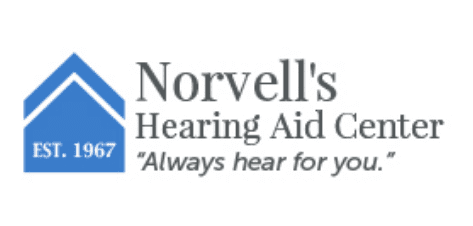INDUSTRIAL HEARING SCREENING
Hearing damage is a real and unfortunate effect of long-term exposure to loud noise. Noise is a hazard of industrial workers and workers of any occupation who are repeatedly exposed to loud noise.
Hearing damage from noise is fully preventable when the right precautions are taken from the start. Regular hearing tests to evaluate any early signs of hearing loss, as well as everyday preventative measures such as the use of ear plugs go a long way toward prevention of permanent hearing loss.
Industrial Hearing Test Requirements
Organizations such as the Occupational Safety and Health Administration (OSHA) have enacted requirements and procedures for hearing conservation in an effort to standardize hearing safety practices and reduce the incidence of preventable hearing damage. Some states also have their own guidelines, as well as the Department of Defense.
In most cases, OSHA requires that employees who are exposed to a time weighted average (TWA) of 85 dB be part of a hearing conservation program which includes hearing testing and employee training. Industrial manufacturers are also required to report evaluation results. Official hearing conservation standards are listed in OSHA CFR 29 1910.95 & MSHA Part 62.
Industrial Hearing Conservation Programs
Some companies choose to meet these requirements independently. However, most companies choose to hire out a hearing conservation company to conduct hearing evaluations, keep records, and make sure they comply with all safety standards and meet safety goals.
Failure to test and/or report noise exposure levels and the impact on employees can cost companies thousands in legal fees and federal fines. Hiring a professional or company to make sure they are in complete compliance is worth it in the long run.
Hearing conservation companies usually have mobile hearing evaluation units that are used to travel and perform on-site hearing evaluation services. They are typically staffed by a hearing specialist and/or an Occupational Hearing Conservationist (OHC, also known as an Industrial Audiometric Technician).
OHC Technicians are certified by the Council of Accreditation in Occupational Hearing Conservation (CAOHC) and are supervised by a hearing specialist or physician. They are trained to conduct hearing conservation procedures including pure-tone air conduction hearing testing. Their training is very specific to occupational settings only and is not applicable in non-occupational practices.
Education And Referrals
OHC Technicians are trained to detect possible indications of early hearing loss as well as provide training for employees. If a possible hearing problem is detected, the technician will refer the employee for further tests by a hearing specialist.
Basic education and training for employees may include how to properly fit and wear hearing protection devices. Some employees may require more sophisticated and customized hearing protection. Environmental modifications on the part of the employer may also be in order.
OHC technicians are not qualified to independently evaluate hearing conservation program effectiveness or conduct noise surveys and analyses, so a more qualified professional will need to be hired for the purpose of designing a program that will fit company needs.
Hearing evaluations are an important part of keeping industrial working environments safe for employees. Each company will need to find industrial hearing testing solutions that work for them.
